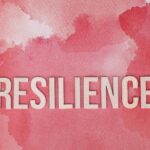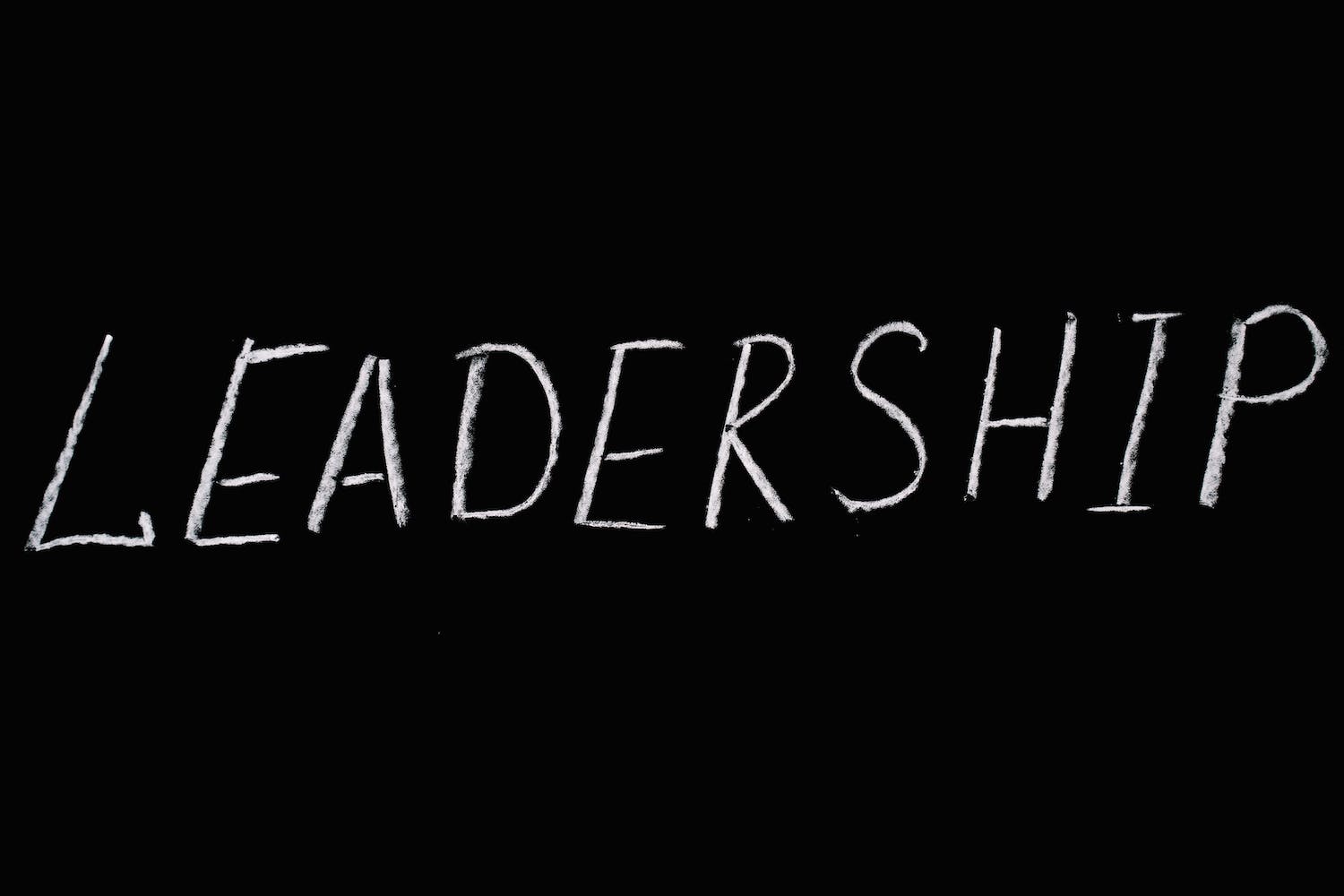Thank you to Rohit Talwar, Steve Wells, Alexandra Whittington, and Helena Calle for today’s article.
The authors are futurists with Fast Future, a professional foresight firm specialising in delivering keynote speeches, executive education, research, and consulting on the emerging future and the impacts of change for global clients.
How can entrepreneurs ensure they and their organisations are fit for the future?
One answer is handling the biggest challenge: leading in the rapidly evolving, complex, global landscape. A “futurist mindset” will be needed for successful leadership. Successful entrepreneurial leaders will need the ability to look over the horizon and continuously adjust in response to the new risks and opportunities that are seen.
Our publication, The Future of Business, is intended to help address these challenges in a highly practical manner. In this extract from the book, we highlight some of the key principles for ensuring that we are leading into the future and not clinging onto the past.
1. Continuous Foresight and Experimentation Cycles
The old planning model has been overturned. An annual or bi-annual long-term planning exercise to guide strategic leadership just won’t cut it, when sectors are being disrupted on an almost quarterly basis. The emerging best practice model is to scan continuously – looking far, wide, and into the shadows for what might be coming towards us.
These scenarios and scanning insights should help us iterate our way towards the future, using rapid idea-testing experiments around possible new products. As well as services, processes, channels to market, business models, and customer engagement approaches. The goal here is to help us learn key information rapidly, develop new knowledge and capabilities, fail fast when appropriate, and progress quickly.
2. Maintain a Constant Dialogue with Key Stakeholders
The leaders who are least surprised by the future tend be those with the broadest radar. They are always exploring both the issues of today and the factors that could shape and disrupt the future. They do their data gathering in the most natural way possible – by talking constantly to customers, prospects, suppliers, partners, shareholders, competitors, industry associations, business networks, advisors, industry analysts, commentators, journalists, and – most importantly – their own staff. They probe for ideas and developments that could accelerate quickly and for weak signals of potentially big changes to come.
3. Learn Something New Every Day, Then Watch it Grow
Don’t leave scanning just to the futurists. Allocate at least a couple of hours a week to exploring what’s coming next. Good future leaders learn quickly to establish the habits of a trendspotter and seek out new information at every possible turn. Subscribe to newsletters, follow thought leaders on social media, join webinars, and work daily to widen your media diet to include information that broadens your mind. Seek out diverse information sources and cultivate your findings on a link-sharing or social media page of your own. Watch and learn as your observations go from fringe to mainstream.
4. Define the Present Broadly
Study history and archaeology to cultivate and enhance understanding of time and progress. The best future leaders have a sense of context – a solid grasp of civilizational rise and collapse, failed societies, and gaps in the scientific understanding of the past. Consider future generations as stakeholders for whom you are accountable. Envision the great-grandparent holding the newborn baby, and all the past and future the image conveys: that is the present.
5. Shape a Forward-Looking Culture
Look at the dominant behaviours and stories around the organisation. Who do we make heroes of? Are we celebrating and rewarding those who scout out emerging change and seek to pioneer new ideas? How are we using public spaces – are staff surrounded by constantly changing images, icons, and questions of what’s next – or charts of past performance, safety notices, and policy statements? How is our appraisal and bonus system designed – are innovation and challenging the “system” encouraged and rewarded?
6. Rebalance Technical and Soft Skills
If we accept that in the past our success as leaders has been based on our technical knowledge, then acknowledging the pace and scale of emerging change should lead us to conclude that softer skills will become increasingly important. Presuming that automation takes away the need from some technical know-how, perhaps future leaders will be required to demonstrate a tolerance of uncertainty, the ability to cope with complexity, to exhibit empathy within our organisations, and to value collaboration and relationship development.
All our stakeholders: from shareholders and stock analysts to customers, partners, and staff are all looking for reassurance that our decision making is based not just on the past but on our assessment of the future.
Conclusion
A future leader is someone with the quirky habit of being a trendspotter, someone who brings people together around new ideas, and someone who remains attuned to unique connections between ideas. Being a future leader is a learnable skill that enhances a highly innate tendency within the human spirit, which is to always look ahead. This capacity to learn about and experiment into the emerging future is one of the critical traits that will distinguish the best performers from the “could try harders”.
Fast Future’s book, The Future of Business, is a resource for those at the helm of business who want to use insights on what’s next to ensure better decision making today. The book explains how to apply futurist perspectives and applied foresight approaches to future proof decision making in business, government, NGOs, non-profits, and academia. The book lays the groundwork for understanding and acting on the critical trends, forces, ideas, developments, issues, and forecasts influencing the next decade. It’s aimed at professionals at the sharp end of decision making, who are preparing organisations, communities, and their own lives for the arrival of a future that does not resemble the past.
If you’ve enjoyed reading today’s blog please share (links below).
Here’s your free marketing guide to ignite your brand in 2024 ➡️ ‘13 Marketing Strategies to Ignite Your Brand in 2024’
Latest Blogs
- 8 Easy Fixes for a User-Friendly Mobile Website
- How to Spot a Resilient Business
- 8 Proven Strategies to Empower Your Remote Workforce
- How Entrepreneurs can Squeeze the Best out of the Rest of 2024
- 8 Ways Entrepreneurs Can Close Presentations with a Bang







